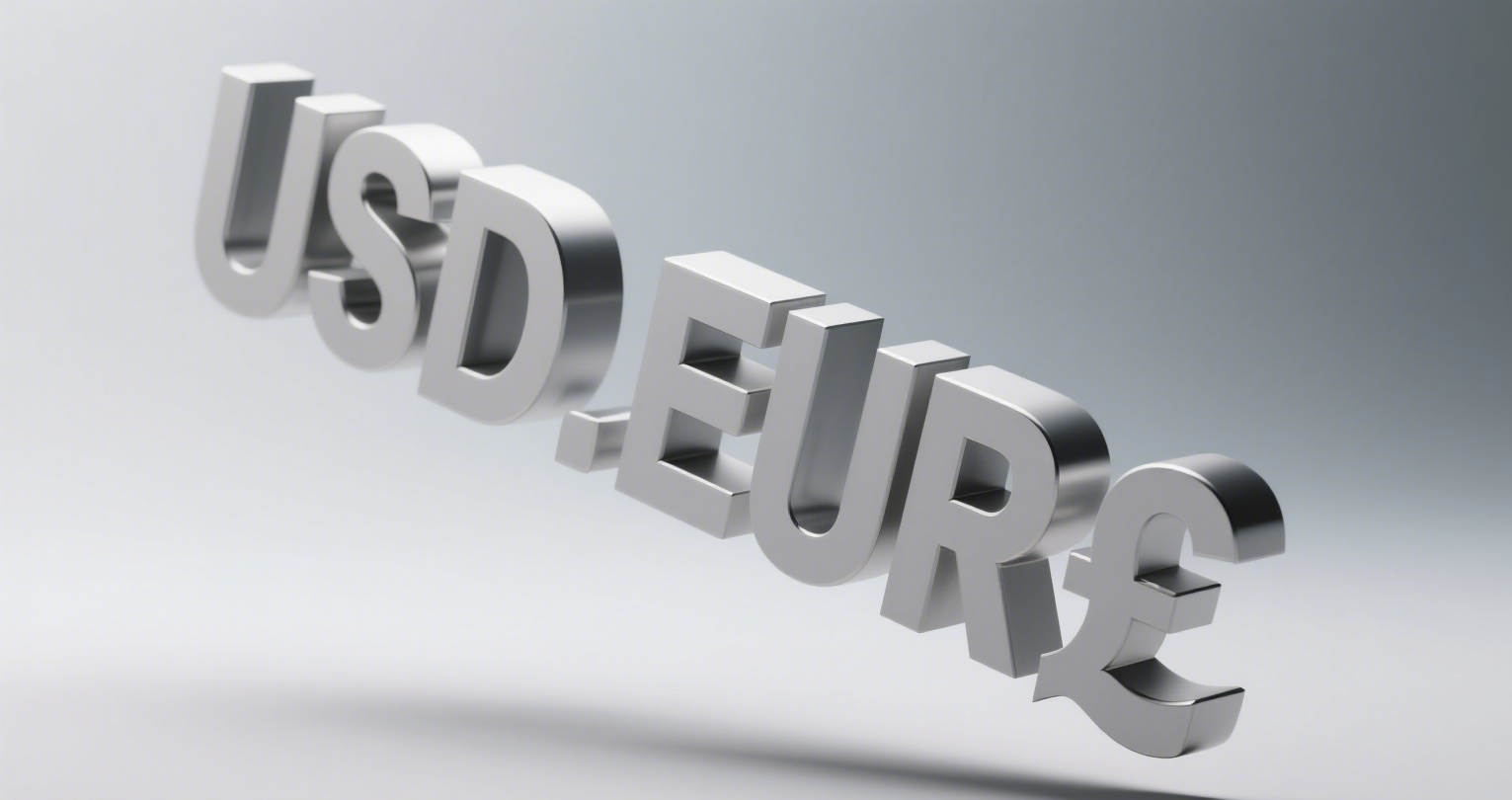
"Ultimatums" Issued from April to August
On July 31 local time, U.S. President Trump signed an executive order imposing "reciprocal tariffs" on multiple countries and regions, with rates ranging from 10% to 41%. The effective date of these tariffs was postponed to August 7, instead of the previously announced August 1.
The order specified:
-
Syria faces the highest tariff at 41%
-
Myanmar and Laos at 40%
-
Switzerland at 39%
-
Algeria at 30%
-
India at 25%
-
Vietnam at 20%
-
Philippines, Thailand, and Cambodia at 19%
-
Brazil and the U.K. face the lowest rate at 10%
-
Most countries and regions, including Japan, South Korea, Israel, and Turkey, are subject to a 15% tariff
-
For EU nations, tariffs below 15% will be raised to 15%, while those already above 15% remain unchanged
Unlisted countries will uniformly face a 10% tariff. Additionally, goods transshipped through third countries to evade tariffs will incur a 40% penalty.
Earlier that day, the White House announced Trump had signed another order raising Canada’s tariff rate from 25% to 35%, effective August 1.
Threatening Over 170 Nations in One Month, Securing Deals with Only 5
Since launching its "reciprocal tariffs" in April, the U.S. has issued repeated ultimatums while delaying implementation dates. The August 1 deadline for most nations marked another round of threats.
In July alone, the Trump administration issued 26 targeted tariff threats and proposed blanket tariffs on over 150 minor U.S. trade partners. Over 70% of global economies were dragged into this trade war, with the U.S. threatening steep tariffs unless deals were reached by August 1.
Despite declaring economic war on 70% of the world, the U.S. secured only a handful of lopsided agreements. Even traditional allies like Mexico and Canada resisted U.S. demands, while deals with compliant nations drew widespread condemnation.
French President Macron criticized the EU on July 30 for failing to project strength in negotiations, urging faster progress on EU sovereignty and competitiveness. Meanwhile, German AfD leader Weidel lambasted the EU-U.S. trade deal as "Trump’s deal," accusing the EU of being "deceived" and calling the agreement "absurd" and a sign of European weakness.
















